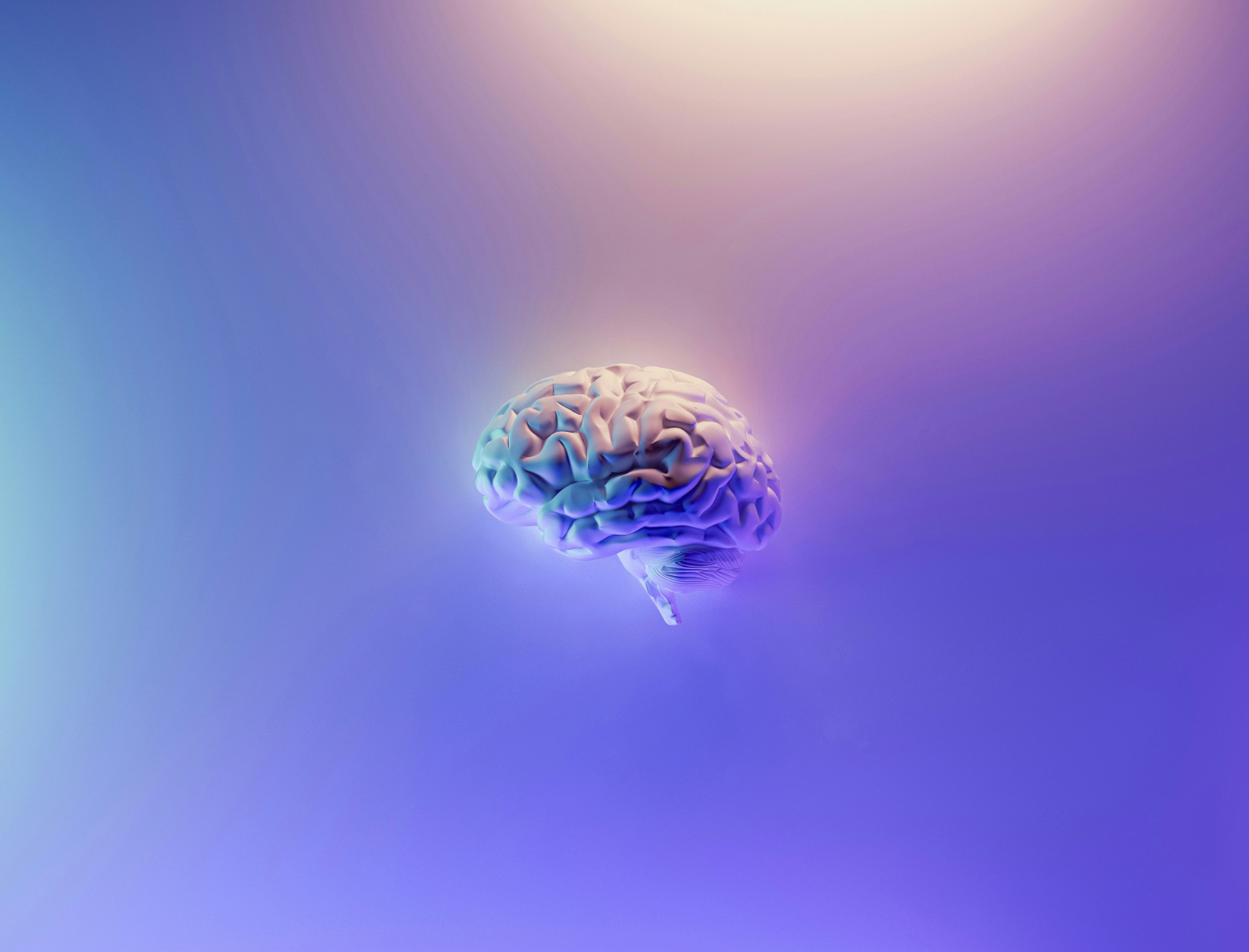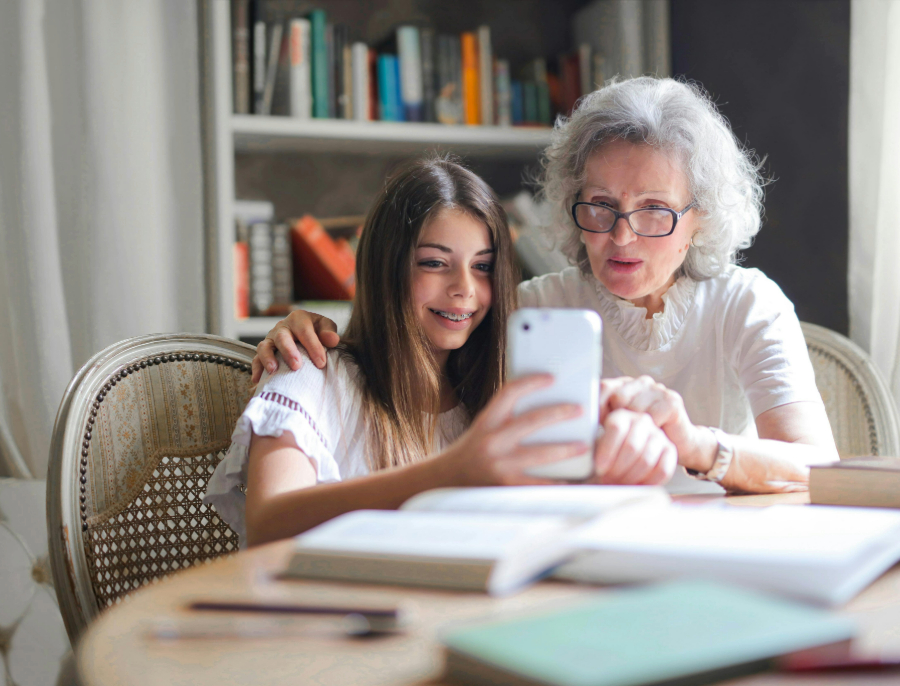Celebrating Neurodiversity: Everything You Think You Know About Autism is Wrong

We need to talk about autism—not the warped, fear-mongering version currently making the rounds on the political circuit, but the reality grounded in truth, compassion, and actual lived experience.
Because everything you think you know about autism is probably wrong.
The autism misinformation crisis: when politics distorts reality
In a recent press conference, Health and Human Services Secretary Robert F. Kennedy Jr. called autism a “catastrophe” that “destroys children.” He claimed it’s caused by “environmental exposure,” even though the CDC, which published the study he was citing, explicitly stated otherwise.
Yes, autism diagnoses have risen to 1 in 31 children under 8. But that doesn’t signal disaster—it means we’re getting better at recognizing and diagnosing neurodivergent people, many of whom have been left unsupported for far too long.
The true tragedy isn’t autism itself. It’s the persistent, ableist narrative that frames neurodivergent people as broken or burdensome, creating stigma while denying them the support they need and deserve.
As Dr. Lisa Settles, clinical director at Tulane’s Center for Autism and Related Disorders, said, RFK Jr. is more interested in conspiracies than “information that would be helpful to the public.” And that, right there, is the problem.
Pia Baroncini shares her neurodivergent parenting journey
On the latest episode of Everything is the Best, Pia Baroncini shared her raw and deeply personal journey with her daughter Carmela’s autism diagnosis. Her story isn’t a sob tale—it’s a masterclass in nuance and courage.
“I switched pediatricians because I wasn’t being seen and heard,” Pia explains. “I assembled a team… and was driving multiple days a week. This is my day. I work. The work I do pays for this care.”
Pia doesn’t sugarcoat the emotional toll either, especially on her marriage. “Marriage is hard in general, but it gets really hard on a marriage when you’re navigating something like this,” she shares. “I had to push Davide to really notice what was going on… early intervention helps everyone.”
And perhaps most importantly, Pia describes neurodivergent children as existing “not on our same frequency… they’re on a magical angel frequency.”
Reframing neurodiversity: how language and understanding transform lives
Meanwhile, on Conversations with Cam, host Cameron Oaks Rogers welcomed Lake Bell to discuss her beautiful children’s book All About Brains. Inspired by her daughter Nova, who has epilepsy, the book is a loving, whimsical resource that helps kids understand everything from ADHD and dyslexia to anxiety and autism.
“I read it to my son,” Cam says. “I started saying, ‘ADHD, that’s something mommy has.’ It opened up this incredible conversation.”
Lake echoes that sentiment: “I’ve worked with so many creatives with different neurological differences… and I’ve learned everyone has their own cocktail of brilliance. Some just don’t fit into a single diagnostic box.”
Neither woman shied away from the challenges, but they emphasized the power of education, empathy, and language. “Even I have to remind myself,” Lake admits, “not every condition is visible. When you see a child having a moment in the grocery store, you don’t know what their brain is going through.”
Famous, brilliant, and neurodivergent
When politicians describe autism as a “catastrophe,” they erase the extraordinary contributions neurodivergent people make to our world. Let’s talk receipts:
- Temple Grandin revolutionized the livestock industry and transformed how we understand autism.
- Dan Aykroyd credits his Asperger’s diagnosis as part of what made Ghostbusters possible.
- Greta Thunberg has said that being autistic is her superpower.
- Anthony Hopkins, Courtney Love, and even Mozart have all been identified or speculated as being on the spectrum.
These aren’t isolated examples. They’re evidence of what happens when neurodivergent people receive support rather than stigma. Autistic people are not broken. They are brilliant, complex, and vital.
How to support neurodiversity in your daily life
So what can you do if you’re neurotypical and want to support the neurodivergent community (and let’s be real, you should)? Here are some actionable steps:
- Stop judging. If you see a child melting down or someone “acting weird,” assume there’s a story you don’t know.
- Use inclusive language. Neurodivergent people aren’t “suffering from” autism. They have autism. Some don’t even like the medicalized phrasing—so ask.
- Educate yourself. Read books, listen to podcasts (Everything is the Best and Conversations with Cam are a great start), and follow autistic advocates.
- Push for systemic change. As Pia highlighted, therapies and resources cost money. Real equity means ensuring access for every family, not just the privileged ones.
- Practice empathy. As Lake put it best: “We just need a little more grace.”
Let’s rewrite the narrative on autism
Autism doesn’t “destroy” children. What harms children is shame, stigma, lack of support, and politicians exploiting their differences for political gain.
We can do better—and we must. Celebrating neurodiversity isn’t just about acceptance. It’s about love, justice, and allowing every kind of brain to thrive.And that’s not just “everything is the best”—that’s everything we need. How has neurodiversity touched your life? Share your experiences in the comments below, and help us build a community of understanding.




















Leave a Reply